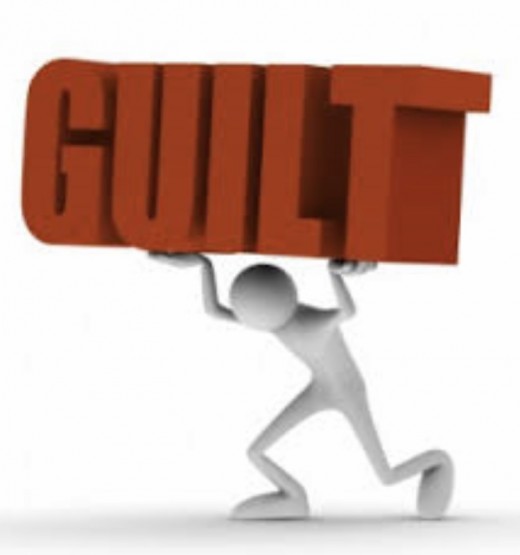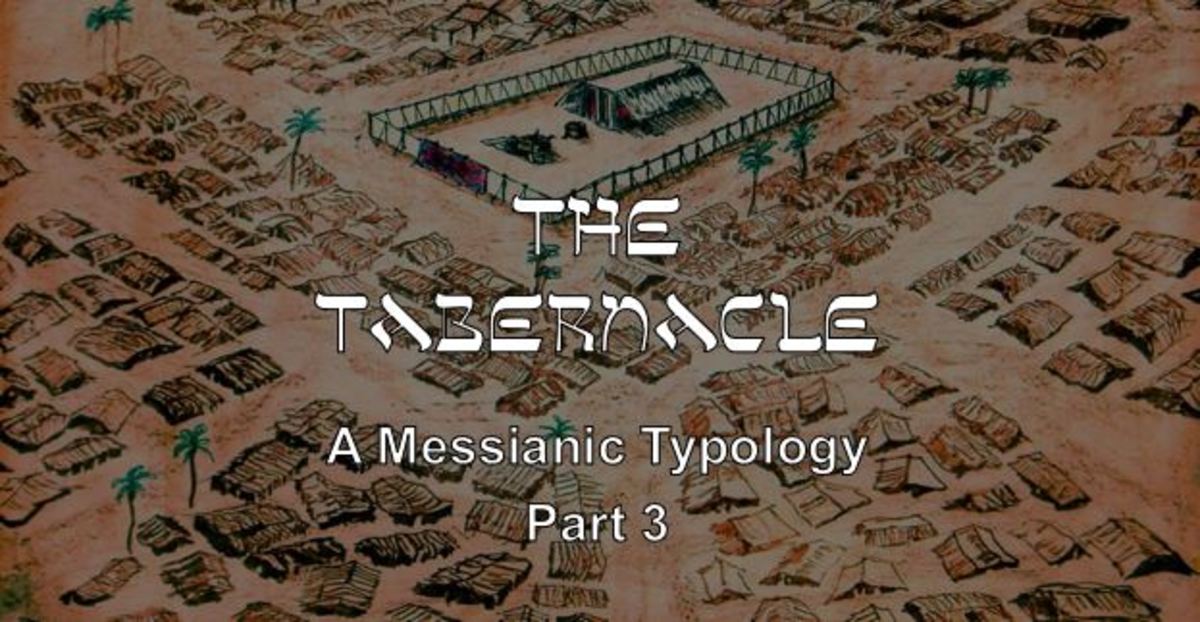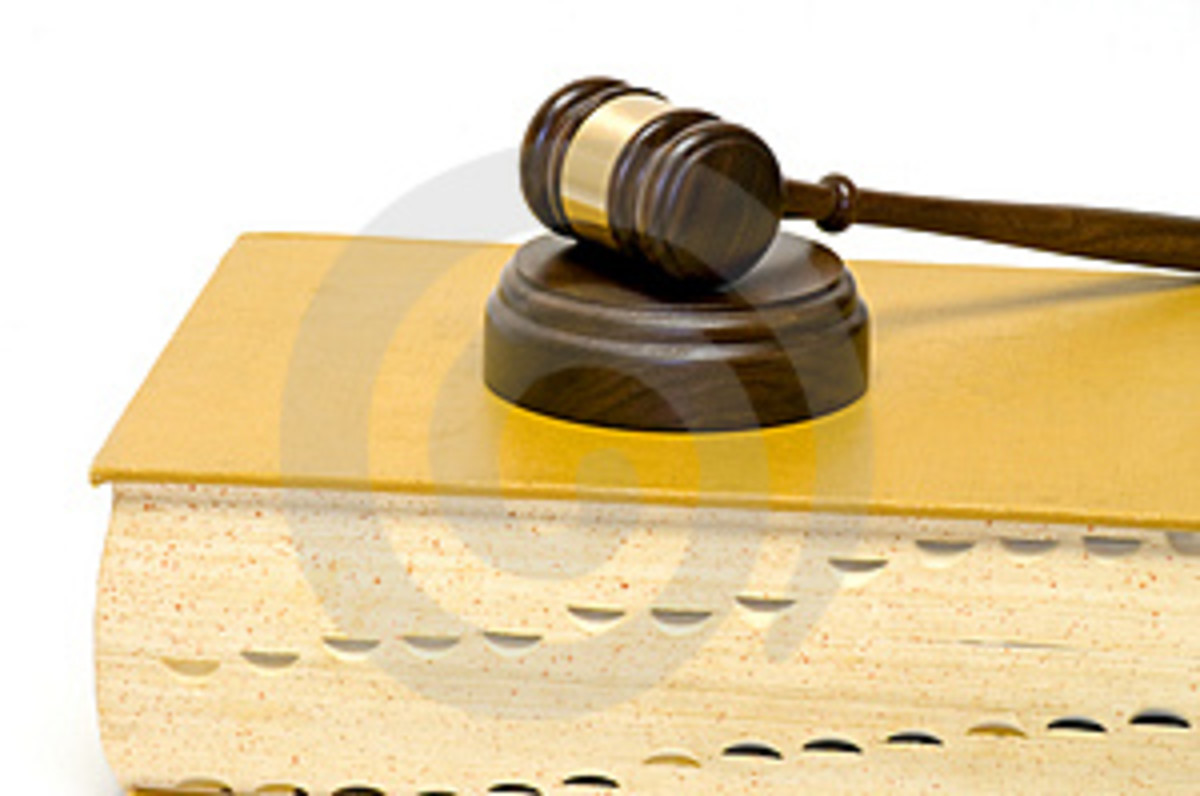From Guilt to Grace

“Every man is guilty of all the good he did not do.” ~ Voltaire
The slippery slope of the off-putting and treacherous emotion of guilt is on display in the early portion of today’s 1st Reading (Ezra 9:5-9) wherein our protagonist, by his own very words, “rose in his wretchedness, with cloak and mantle torn, fell on his knees, and stretching out his hands to the Lord,” had this to say:
“My God, I am too ashamed and confounded to raise my face to you, O my God, for our wicked deeds are heaped up above our heads and our guilt reaches up to heaven.”
That’s a lotta guilt.
Over the many centuries that preceded Ezra, a most profound priest in his own right, the Israelites has promised to obey God; at times they were even moderately successful. But falling victim to their concupiscence, that is their natural proclivity towards sin given their fallen nature, many was the time that remorseful contrition was in order. Frustrated and guilt-ridden over this latest occurrence of disobedience, Ezra called out for forgiveness on behalf of the flock that he was called to shepherd.
Literary icon Oscar Wilde once said of guilt “There is a luxury in self-reproach. When we blame ourselves, we feel that no one else has a right to blame us. It is the confession, not the priest, that gives us absolution.” Although Ezra certainly didn’t wade into these self-serving waters, today’s reading nonetheless gives us an opportunity to reflect upon the role that guilt plays in our lives, or perhaps more specifically, the role of a well-developed conscience.
We have all encountered people who are seemingly devoid of a conscience, mimicking in some respects those that Jesus warns his Apostles about in today’s Gospel (Luke 9:1-6). Those who as Jesus says do not welcome the truth of the Father’s teachings into their homes, those who, in testimony against them, the Apostles are instructed to “shake the dust” from their very feet upon leaving their towns. But what about those who instead suffer from an over-developed conscience?
American writer and Civil Rights activist Audre Lorde once said that “guilt is not a response to anger; it is a response to one’s own actions or lack of action. If it leads to change then it can be useful, since it is then no longer guilt but the beginning of knowledge. Yet all too often, guilt is just another name for impotence, for defensiveness destructive of communication; it becomes a device to protect ignorance and the continuation of things the way they are, the ultimate protection for changelessness.”
Ezra and the Israelites, by virtue of their contrite humility coupled with the grace of God’s mercy and providence, were in fact able to move past the shame and guilt of their sins. In repentance they sought grace...the grace to start over.
There are indeed two kinds of guilt: the kind that paralyzes and ultimately drowns you until you’re useless, and the kind that fires your soul to action and purpose. Through the cornerstone gifts of the Holy Spirit, of course I’m talking about wisdom and discernment, we can properly develop a conscience that leads to useful change and yes, knowledge.
There’s an old saying: No guilt is forgotten so long as the conscience still knows of it. At times we might be prone to think that God will eventually abandon us due to our inability to keep from committing the same sins. But the reality is that repentance leads to grace.
Every time.
So rather than incessantly wallowing in our misguided guilt, we must instead swiftly seek forgiveness and swiftly try again. That’s how we move from guilt to grace, that’s how we come to genuine understanding. God invites us to talk these things over with him; sin, guilt, regret...all those emotions that create stumbling blocks and keep us from becoming the disciples we are called to be, the disciples that the world needs us to be.
“‘Come now, and let us reason together,’ ” says the Lord, ‘Though your sins are like scarlet, they shall be as white as snow; though they are red like crimson, they shall be as wool’ ” (Isaiah 1:18).









